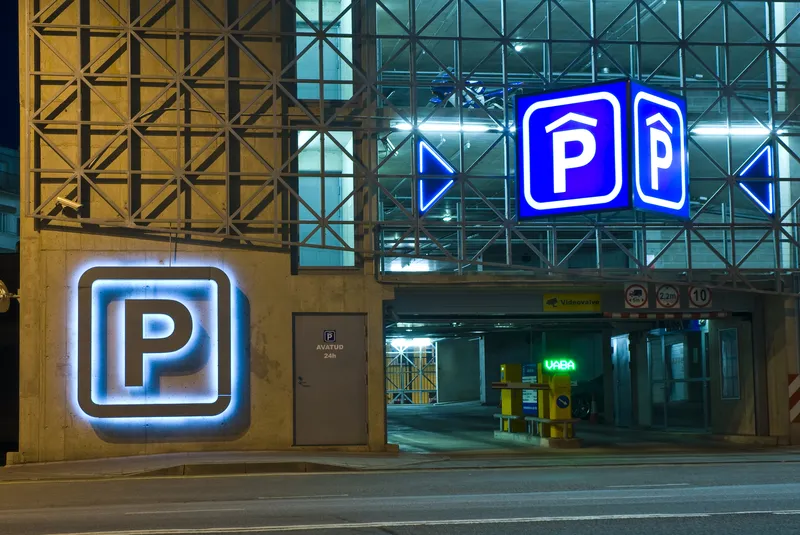The Future Standards Forum (FSF), a joint initiative by European Machine Vision Association (EMVA), Automated Imaging Association (AIA) and Japan Industrial Imaging Association (JIIA), has been set up to provide proactive, strategic guidance to the development of industry standards and to minimise the creation of conflicting standards within the machine vision industry and in related industries. The FSF believes the machine vision industry is a knowledge driven industry which experiences an ever increasing
November 9, 2012
Read time: 2 mins
The Future Standards Forum (FSF), a joint initiative by 6855 European Machine Vision Association (EMVA), 6856 Automated Imaging Association (AIA) and Japan Industrial Imaging Association (JIIA), has been set up to provide proactive, strategic guidance to the development of industry standards and to minimise the creation of conflicting standards within the machine vision industry and in related industries.
The FSF believes the machine vision industry is a knowledge driven industry which experiences an ever increasing complexity of components and modules of machine vision systems. In such an industry, knowledge integration is key to economic success and innovation. The main element of knowledge integration is standardisation.
The FSF will investigate opportunities offered by new technologies and identify future challenges, and provide recommendations for new standards and the evolution of existing standards. Additionally, FSF will promote the re-use and harmonisation of existing standards in order to minimise overlap between standards. Because the machine vision market supports many industries, the FSF will also seek active collaboration with standards bodies outside of our market, such as the commercial, automotive, medical, broadcast and military markets. When appropriate, the Future Standards Forum will also promote the use of machine vision standards in other markets.
The three associations are in the process of launching the first working groups. One of those working groups will start working on the roadmap of interface standards that are already hosted by one or more of the associations or currently under development. Another working group will focus on lighting standards. More working groups are already in discussion.
White papers and trade show presentations will be used to drive industry awareness, thereby increasing the market for products leveraging the machine vision standards. The FSF will also regularly invite people to join working groups that are established to investigate specific subjects. Generally, these people will be members of EMVA, AIA or JIIA, but non-members may be invited to join based on their potential contribution. The outcome of the work of the FSF will be shared with the community through newsletters, articles in magazines and presentations at tradeshows.
The FSF believes the machine vision industry is a knowledge driven industry which experiences an ever increasing complexity of components and modules of machine vision systems. In such an industry, knowledge integration is key to economic success and innovation. The main element of knowledge integration is standardisation.
The FSF will investigate opportunities offered by new technologies and identify future challenges, and provide recommendations for new standards and the evolution of existing standards. Additionally, FSF will promote the re-use and harmonisation of existing standards in order to minimise overlap between standards. Because the machine vision market supports many industries, the FSF will also seek active collaboration with standards bodies outside of our market, such as the commercial, automotive, medical, broadcast and military markets. When appropriate, the Future Standards Forum will also promote the use of machine vision standards in other markets.
The three associations are in the process of launching the first working groups. One of those working groups will start working on the roadmap of interface standards that are already hosted by one or more of the associations or currently under development. Another working group will focus on lighting standards. More working groups are already in discussion.
White papers and trade show presentations will be used to drive industry awareness, thereby increasing the market for products leveraging the machine vision standards. The FSF will also regularly invite people to join working groups that are established to investigate specific subjects. Generally, these people will be members of EMVA, AIA or JIIA, but non-members may be invited to join based on their potential contribution. The outcome of the work of the FSF will be shared with the community through newsletters, articles in magazines and presentations at tradeshows.










